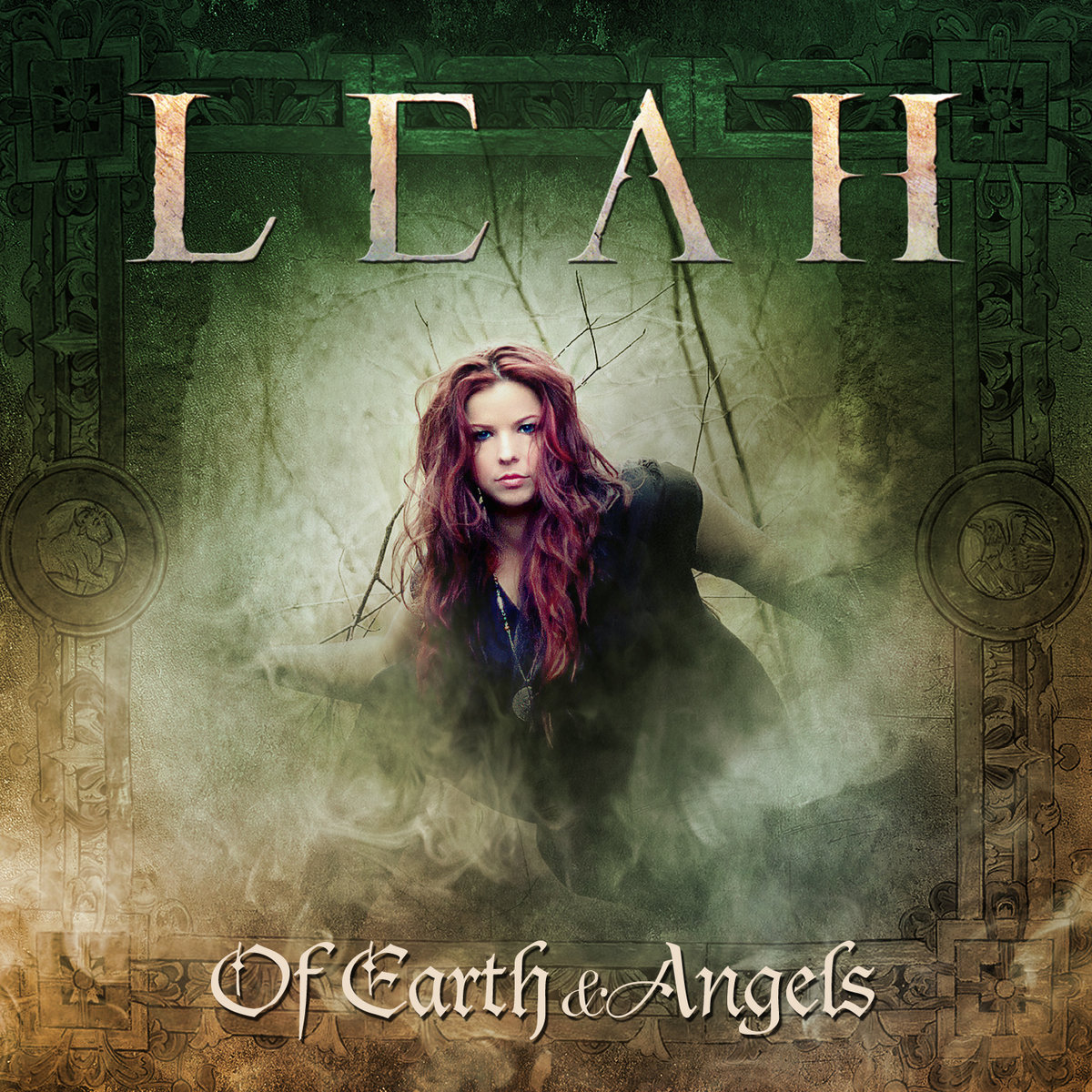

Rush has a history of strong album openers, and “Caravan” is another one. (It *would* be nice to be an artist AND have money, right?)

It’s a story that the band-one supposes simply because they can-has also made into a full-length book. This is a 66-minute concept album featuring a single, continuous, semi-coherent narrative, rather trendily set in a steampunk universe. With Clockwork Angels, Rush returns in some sense to the epic scale of earlier works. They were also building songs around hooks and riffs and choruses, songs that held focus musically even when the lyrics drifted into philosophy and fantasy. In that era the trio achieved a sort of creative balance point between the longer, proggier songs they had favored earlier and the synth-driven group they would become in the 80s. The common theme of the core of Rush’s catalog-the Hemispheres-through- Moving Pictures trilogy, with maybe A Farewell To Kings and Signals tacked on either end-is an extraordinarily potent combination of power and melody. For this listener-this fan-the appeal of the band has always been the drive and hookiness behind their best songs and best albums.

That said, latter-day Rush has tended to feel a bit tepid. They are the geeks in the corner who played for the other geeks, who all told a friend, and so on and so on until, in today’s geek-ascendant world, Rush has evolved into a money-making machine the likes of which the rock world has rarely seen. To the contrary, besides being world-class musicians, Geddy Lee (bass/keys/vocals), Alex Lifeson (guitar) and Neil Peart (drums) very early on embraced their destiny as the high priests of uncoolness. I’ve always thought one reason for this is that Canada’s #1 power trio have never-not for five minutes in a career now spanning five decades-tried to be cool. Rush: the band critics (other than this one) love to hate.


 0 kommentar(er)
0 kommentar(er)
